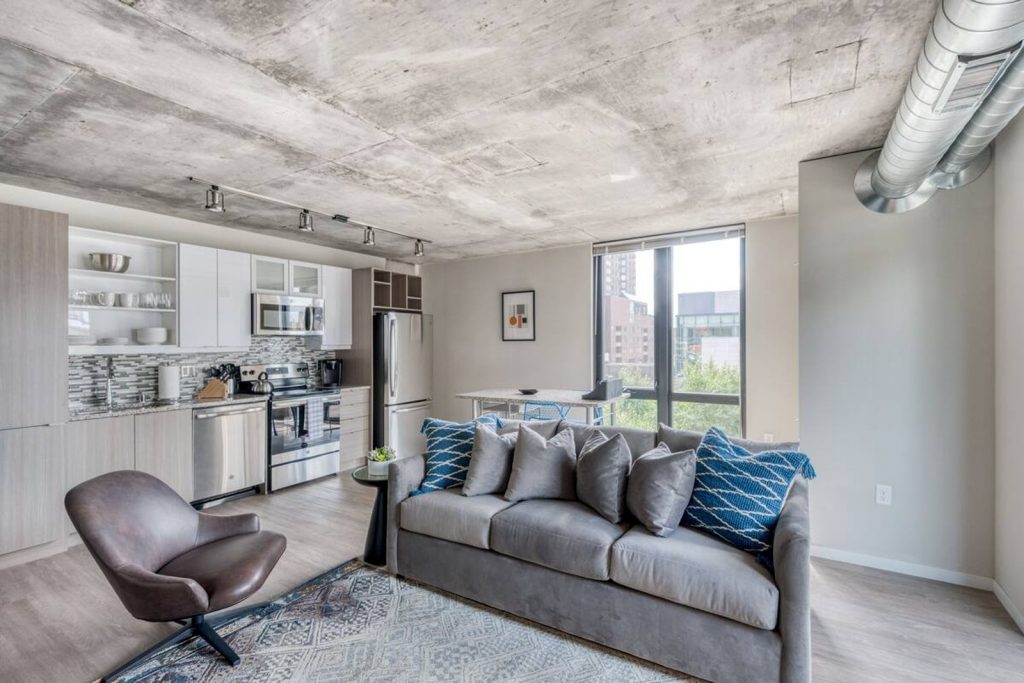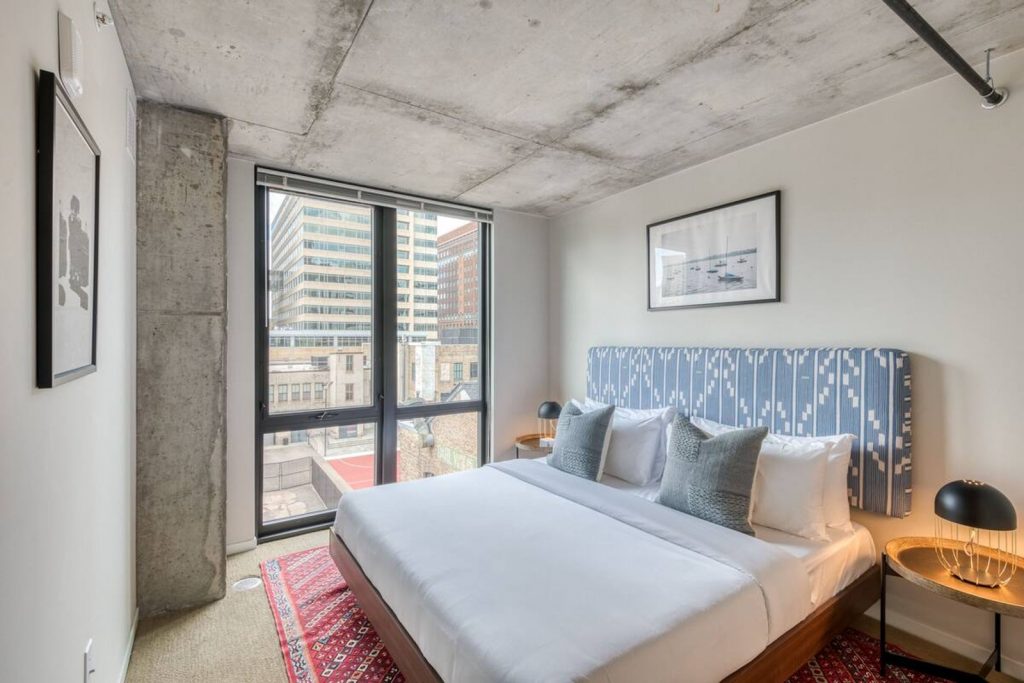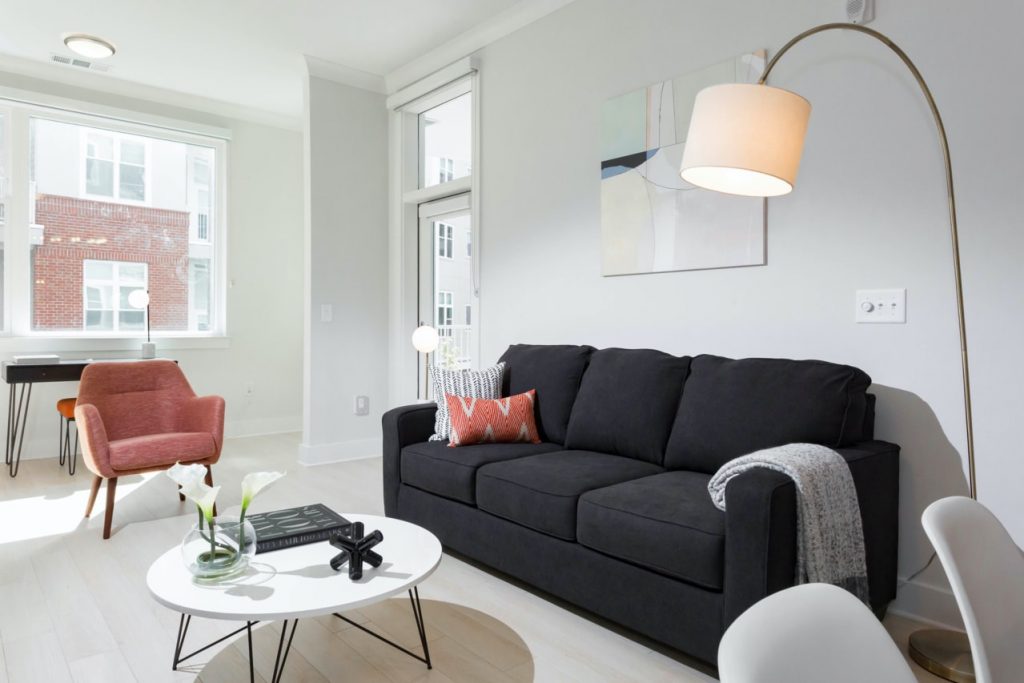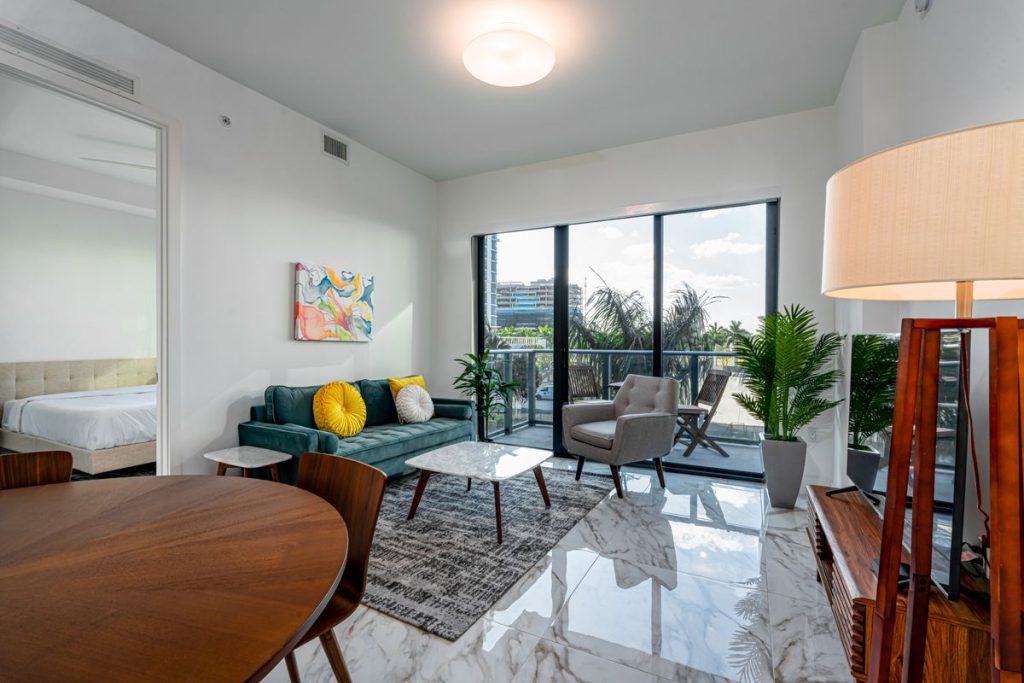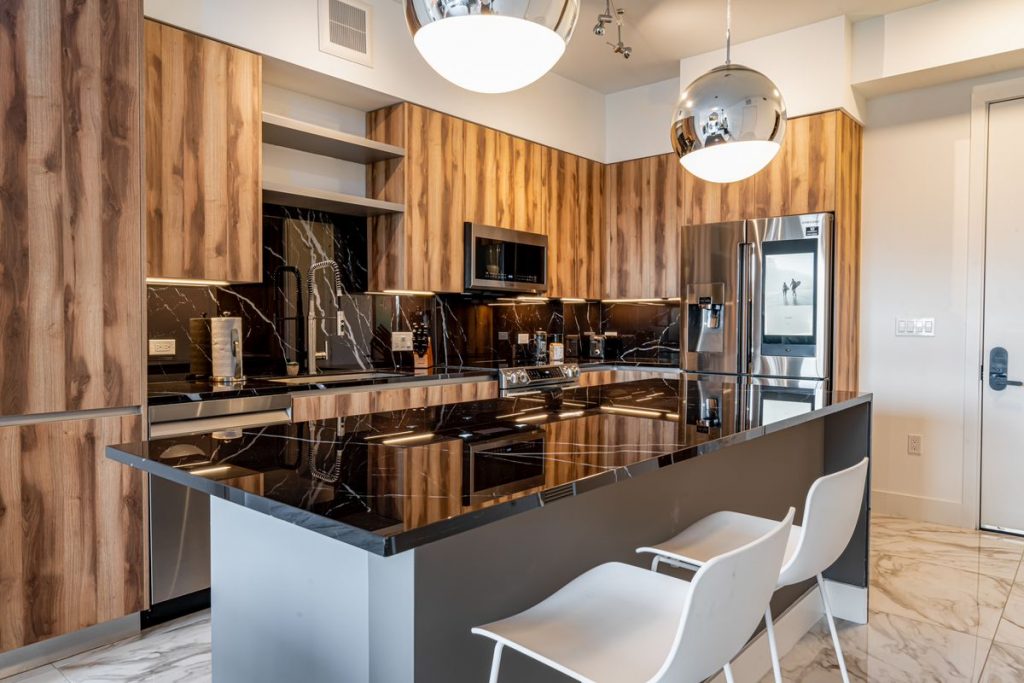The lines between hospitality and traditional apartment communities continue to blur, with the modern renter expecting flexibility. The way we work has forever changed and we will not go back to our pre-COVID lives once we reach herd immunity.
As an apartment operator, we’re responding to demand shifts by offering residents the optionality to lease units on a short-term basis and move out with limited notice. Today, this optionality is provided by 3rd party short-term rental operators who partner with landlords and handle all the logistics of sourcing and managing residents who plan to stay for just a few weeks or months.
The short-term rental space is evolving rapidly. What was once viewed as a niche segment of the housing industry is being integrated directly into multifamily operating platforms.
Early players in the space would master lease units, furnish them, and lease them on a short-term basis keeping the spread between multifamily rents and short-term rents. It was a great business model when things were going well, but we all know the issue with long-term liabilities and short-term revenue.
Eventually short-term rental operators transitioned to a revenue-share agreement model, limiting their upside but sharing risk with the landlord. Others adopted a fee model, whereby upfront cost are absorbed by the landlord, but providing apartment operators the ability to capture more of the upside.
As a traditional multifamily operator/developer, Atlas is experimenting with several short-term rental models and continuously thinking about what the future of this space may look like.
The question remains, will any of the players today establish a brand which creates a sourcing engine and demands a rental premium, or will the short-term rental business be absorbed and managed by traditional apartment operators?
Let’ take a look at the business today.
Revenue Share Agreements
Operators such as Sonder and FrontDesk lease specific units within multifamily communities, furnish those units under their brand, then lease them out on a short-term basis primarily through traditional outlets such as AirBnb and VRBO (in addition to their own website). They target both the hotel segment (renters seeking a few day stay) as well as short-term apartments renters (seeking 1-3 months leases). Under this structure, units are tied up and generating no revenue on days they’re not leased.
In the case of FrontDesk, they cover 100% of the upfront cost and the revenue share is pegged to market rents. From an operational standpoint, FrontDesk handles background checks, the move-in process, any resident issues, and minor maintenance items. The landlord gains physical occupancy and, in our case, we seek to generate rent premiums in the ~10%-15% range. The furnished units also serve as a guest suite or corporate unit.
Platform Agreements
A slightly different model is being utilized by a 3rd parties such as Landing, Kasa Living, and Mint House. Landing is a membership-based platform, focused on stays from 1-3 months, and provides renters a fully furnished unit and 30-day termination option across Landing’s 40,000+ units. Mint House offers similar features through their ‘Mint Pass’ program. With Landing, the landlord covers the upfront cost of the furniture, Landing markets the unit to its members, and the landlord keeps 100% of the rent minus a % ‘maintenance fee’. Given the upfront cost and higher risk, landlords seek rent premiums of ~30%+ and aim to get a 2-3 year pay back on the furniture.
Software Enabled Short-Term Rentals
As an evolution to the operationally intensive short-term rental business, groups such as Airbnb (through the acquisition of UrbanDoor) are enabling operators to run and manage their own short-term rental operation utilizing existing software. As the primary demand generator, Airbnb is uniquely positioned to offer this service.
White labeling software, a natural evolution to the space, gives apartment owners more control of their short-term rental operations, but they still rely on the sourcing engine to drive traffic. As a result, the sourcing platform retains much of the value. In the case of Airbnb, they collect the same fees as a typical Airbnb listing; 3% ‘host fee’ and a 15% revenue share.
Pop-Up Hotels
Other companies such as WhyHotel are taking a different approach to the short-term rental space. They operate pop-up hotels within new lease-ups. WhyHotel navigates the regulatory environment and code requirements, then furnishes the units, and operates the property as typical hotel while the lease-up is ongoing. This model is designed for larger communities (300+ units) where WhyHotel can operate for 8-12 months and generate enough revenue for themselves and the developer.
While these models are interesting, each company is an operationally intensive business that rely heavily on traditional short-term rental aggregators. Their brands, today at least, don’t hold the power and therefore it’s going to be difficult to create moats.
In the future, the process of operating/managing short-term rentals is likely going to be controlled by the owner/property manager. Firms such as Kenect and Bento Living are doing this today.
The standard apartment community in the future will provide flexibility; units will be leased by the week/month/year, be furnished or unfurnished, and be rented by the bed. The technology and local code will evolve to match the demand of the modern renter.

